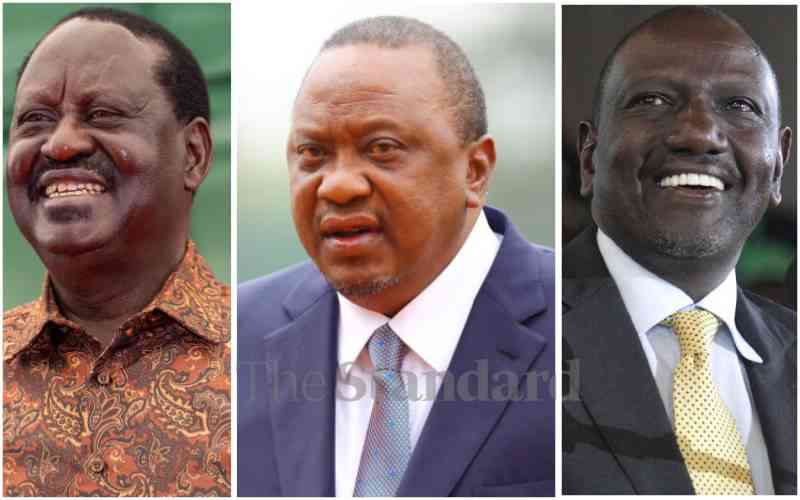×
The Standard e-Paper
Stay Informed, Even Offline

There is change in the air.
A transition heralds new possibilities not just for those lining up to take up positions at the high table, but even to those for whom the election was a perfunctory exercise of doing the same and expecting nothing much out of it.